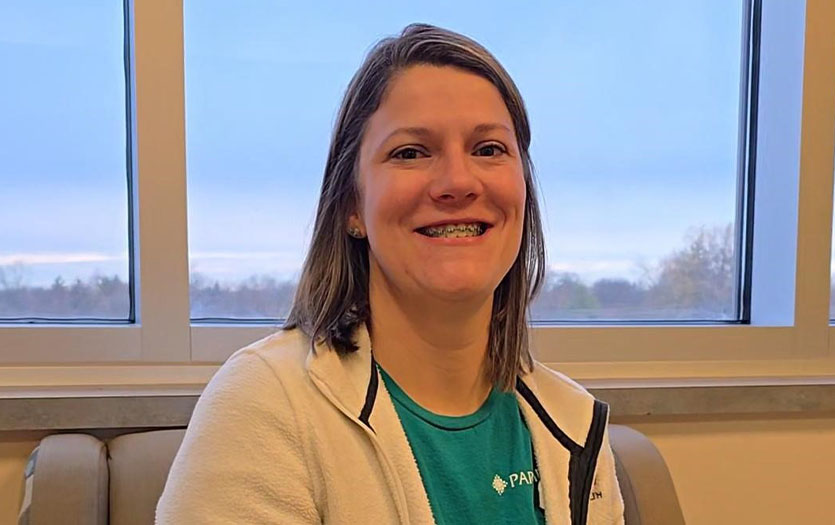
This post was written based on an appearance by Courtney Washington, PsyD, Parkview Behavioral Health Institute, on the program PBS HealthLine.
As humans, the relationships we have with one another play a critical role in our happiness and mental health. In fact, having healthy and meaningful connections is one of three aspects to leading a meaningful life, alongside pursuits for personal growth and giving back to our communities. But what does a healthy relationship look like and how can we foster these partnerships to feel more fulfilled?
Isolation and anxiety
If we need other people in our lives, what happens when we start to isolate ourselves, either by choice or a circumstance like the pandemic?
Anxiety feeds on a cycle of negative reinforcement. If we are anxious about going out and meeting people and then stay home, the anxiety goes away. So, it reinforces the idea in our mind that avoidance is best for us. However, then we can start to feel more anxious and depressed from that isolation. The best thing to do when you’re feeling anxious or uncomfortable engaging in relationships or being vulnerable, is to lean into that discomfort and strive for that connection, because avoiding it just makes it worse.
If you feel afraid to get close to people, are concerned about getting emotionally hurt in a relationship or feel like you can’t trust people, those are all concerns and fears that can be worked on with a therapist to improve.
What is a healthy relationship?
We interact and relate to a lot of people in our day-to-day lives and everyone we engage with is in some sort of relationship with us, from the surface-level conversations at the grocery store to deeply intimate partner relationships. All relationships are comprised of a combination of intimacy and boundaries.
Intimacy in relationships takes on various forms that tend to fall into five categories, and healthy relationships contain a combination of these:
- Shared experiences. Participating in activities you both enjoy together.
- Emotional intimacy. Talking about your feelings together.
- Verbal intimacy. Talking to each other about situations in daily life, like who will take the dog to the vet. Making plans and keeping up with the surface-level happenings of each other’s lives.
- Non-sexual physical touch. This would include high fives, hugging and, in some relationships, even cuddling together.
- Sexual intimacy.
Healthy romantic relationships should contain all five of these types of intimacy, while healthy platonic relationships will generally contain all but a sexual component.
Tips for being more open to intimacy
If you’re looking to have more close relationships in your life, whether sexual or platonic, there are ways to encourage them through your approach and mindset. Consider the following:
Try to lean into discomfort.
We are creatures of habit and tend to get stuck in cycles of only doing what we know. The more you stretch outside of your comfort zone and try to be as flexible as possible in your interactions, the more you will experience newness that could lead to a new relationship.
Be mindful of boundaries.
There are different types of boundaries that exist with different types of relationships. You wouldn’t share as much about your life with, say, a clerk at the grocery store as you would with your partner. Understanding the boundaries of various types of relationships can help you strengthen those that are open to becoming something deeper and more meaningful.
Remember that relationships are a process.
Intimacy is a gradual process, and even once you’re close to someone, that relationship is still subject to rupture and repair. Often, what happens when we try to become close to someone is we’re either successful or unsuccessful in that pursuit, meaning we feel cared for in return or we feel rejected. If we feel rejected, we pull back, and pull away from that person and we’re hesitant to reach out again. When we feel connected, we keep reaching out. All relationships go through periods of rupture where we can feel rejected. Take a step back, and if that relationship is important to you, it might be worth reaching out and trying to repair instead of retreating.
If you are struggling with anxiety or another aspect of your mental health, Parkview Behavioral Health Institute offers support and resources to address emotional and behavioral concerns. In addition, those wishing to speak with someone about their mental health can call the PBHI HelpLine at 260-373-7500 or 800-284-8439 anytime, 24 hours a day.



